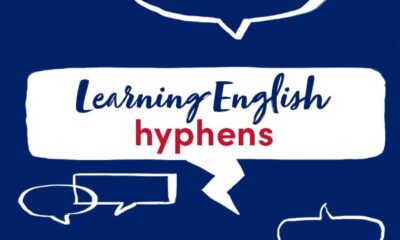It’s that time of the week where we pick a French word and get stuck into all the details – welcome back to our blog! Today our word is près.
You can hear the correct pronunciation by listening to the audio clip below:
function playAudio(url) { new Audio(url).play(); }Before we get into the meaning and examples, we’ll quickly cover the grammar. Près is a French adverb, which you can find more information on in our Easy Learning French Grammar section on adverbs. Adverbs usually modify or describe a verb or adjective, which you’ll see in our examples coming up.
But more importantly, what does près mean? Its meaning is quite simple, près translates in English as near or close by. Let’s have a look at some examples of the word in action:
Le stade se trouve près de chez nous. The stadium is near to our house.
Je ne prends jamais le bus parce que j’habite tout près. I never take the bus because I live close by.
Sa sœur est assise près de la porte. Her sister is sitting near the door.
à peu près… around/nearly/about…
À peu près cinq kilomètres d’ici. About five kilometres from here.
à peu près pareil roughly the same
On est près de Noël et je n’ai acheté aucun cadeau. We’re nearing Christmas and I’ve not bought a single present.
Il y avait près de deux cents touristes à la file d’attente. There were nearly two hundred tourists waiting in the queue.
de près up close; close up; closely
Tu dois voir cette peinture de près, elle est magnifique ! You need to see this painting close up, it’s magnificent!
It might not seem too obvious, but if you come across près with the accent on the -e as an acute rather than a grave, it’s a totally different word. Rather than an adverb, prés is in fact a plural noun:
les prés meadows; fields
Nous nous sommes promenés aux prés à côté du lac. We walked through the meadows next to the lake.
If you’ve ever visited Paris, you might have been through a small region of the city centre called Saint-Germain-des-Prés. Again, this refers to the noun rather than the adverb, as illustrated by the accent on the e.
That’s it for today’s edition of our weekly blog, we hope that you nearly feel like you’re getting somewhere with your vocabulary! We’ll see you the next time we get up close and personal with yet another French word.
Written by Holly Tarbet, freelance copywriter and editor.
All opinions expressed on this blog are those of the individual writers, and do not necessarily reflect the opinions or policies of Collins, or its parent company, HarperCollins.



